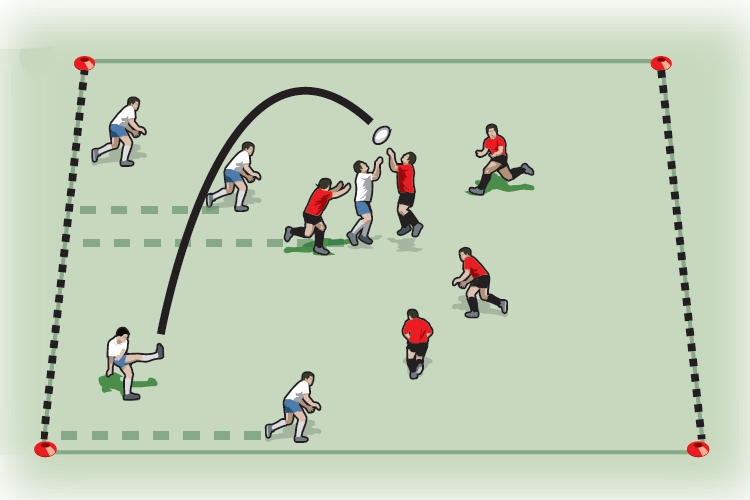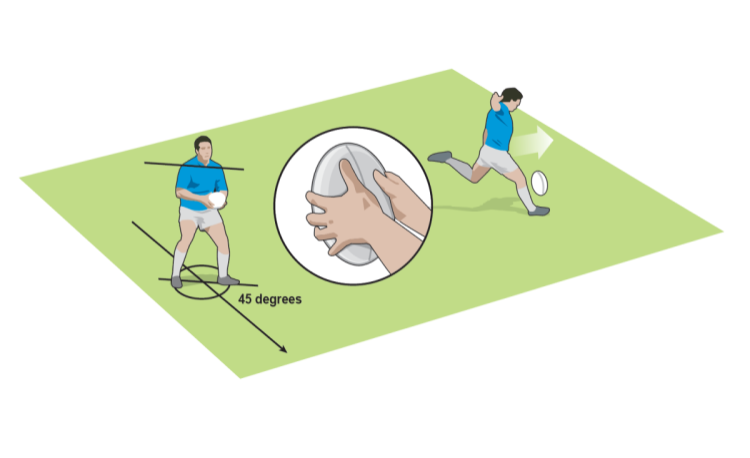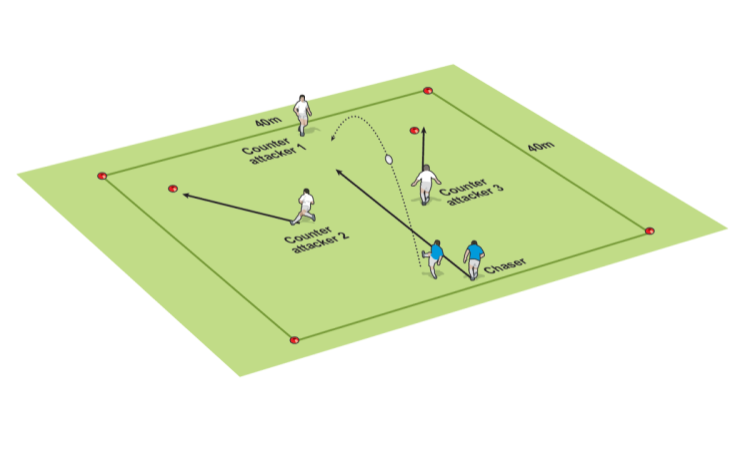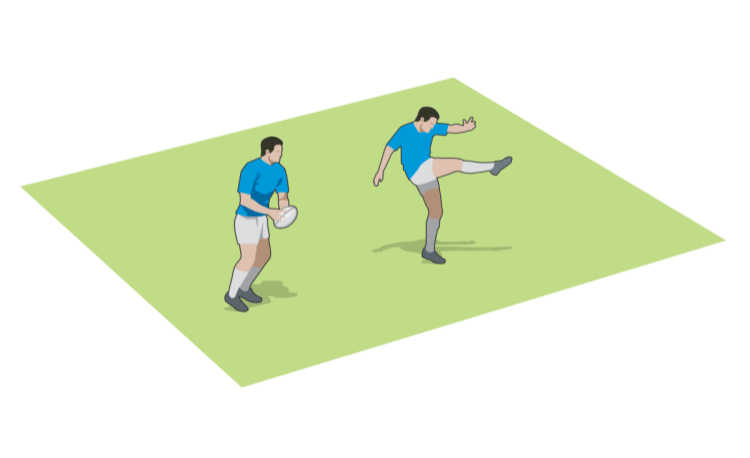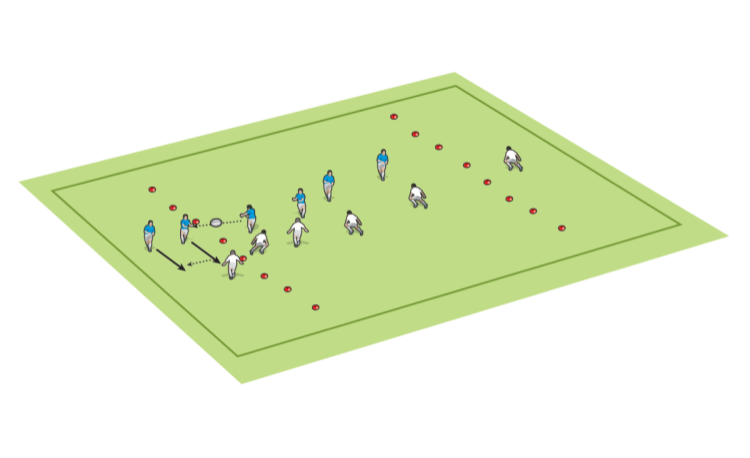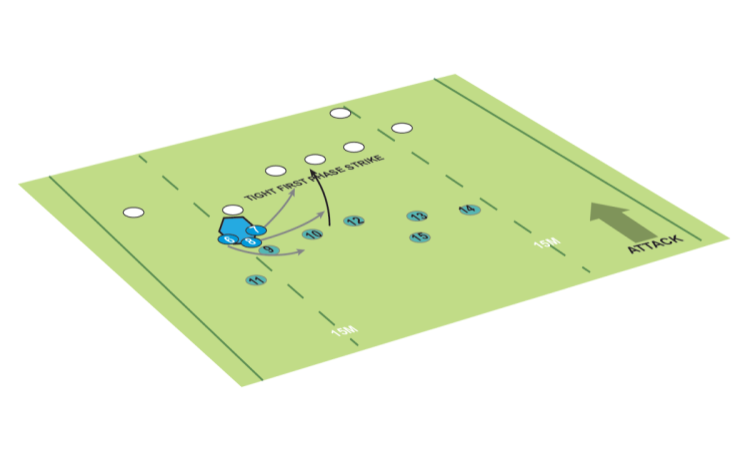High ball pressure skills

Stop the high ball “bombs” destroying the confidence of your players by creating training sessions that challenge the players to think under pressure.
One reason why players drop “high balls” is because they have so much time to think about them. They tense up at the prospect of dropping the catch. Experts seem at ease in comparison. And that probably explains why they seem to catch the most difficult kicks more often.
We all know that if you pepper a player who’s dropped the first “bomb” of the match, he or she is likely to continue to do so. Stress is a real skill-killer.
In Fielding the high ball, we have a high ball session that works from technique through to pressure. Pressure is essential to help players find out if their technical expertise is rock solid. Research shows that the best players are able to cut out all distractions when they perform. Can your players?
The important coaching takeaway is that we should push players to make mistakes. That means we expect them to drop the ball. How we deal with the mistakes is key to how the player then progresses. Encouragement, fault correction and direction all play a part.
However, when fielding high kicks, it’s often the case that players will continuingly fail once they’ve made a series of fails. Perhaps they can shrug off the first failure. But, mentally, they can become more anxious and so lose the relaxed state to complete the skill accurately. That state is what we might call subconsciously unconscious. Instead, they become fixated on the detail and the potential to fail.
There are several approaches when you reach that stage. With elite players, you might want to tough it out and eventually become successful in that session. With developing players, it can be better to leave the skill and return to it at another time. In the next session, play down the significance of the previous failings and just gently build up the pressure.
Your own skill is to read each player during the session. You could dial back the difficulty, but that might make the player feel worse. To deal with that, I suggest you ask what they want to do and then adjust. Good questions might be:
- Do you want to carry on, or try something different?
- It’s not working out at the moment, shall we try a shorter distance again?
Yet, I do think it’s important not to add in any more advice. This is the time to reiterate what you’ve covered and see if you can enhance a technique you’ve worked on.
That’s because, if the new technique you’ve just suggested also leads to failure, then everyone becomes despondent. The new idea or adjustment should be held back until another occasion.
Related Files
Newsletter Sign Up
Coaches Testimonials

Gerald Kearney, Downtown Las Vegas Soccer Club

Paul Butler, Florida, USA

Rick Shields, Springboro, USA

Tony Green, Pierrefonds Titans, Quebec, Canada
Subscribe Today
Be a more effective, more successful rugby coach
In a recent survey 89% of subscribers said Rugby Coach Weekly makes them more confident, 91% said Rugby Coach Weekly makes them a more effective coach and 93% said Rugby Coach Weekly makes them more inspired.
Get Weekly Inspiration
All the latest techniques and approaches
Rugby Coach Weekly offers proven and easy to use rugby drills, coaching sessions, practice plans, small-sided games, warm-ups, training tips and advice.
We've been at the cutting edge of rugby coaching since we launched in 2005, creating resources for the grassroots youth coach, following best practice from around the world and insights from the professional game.




